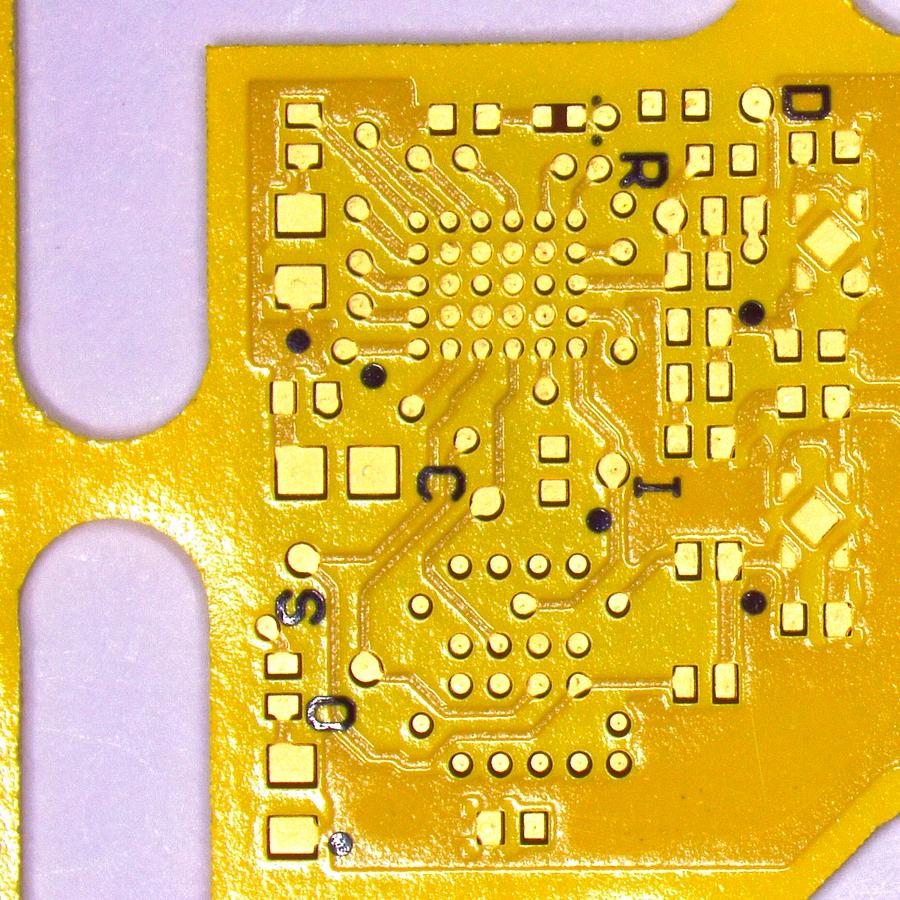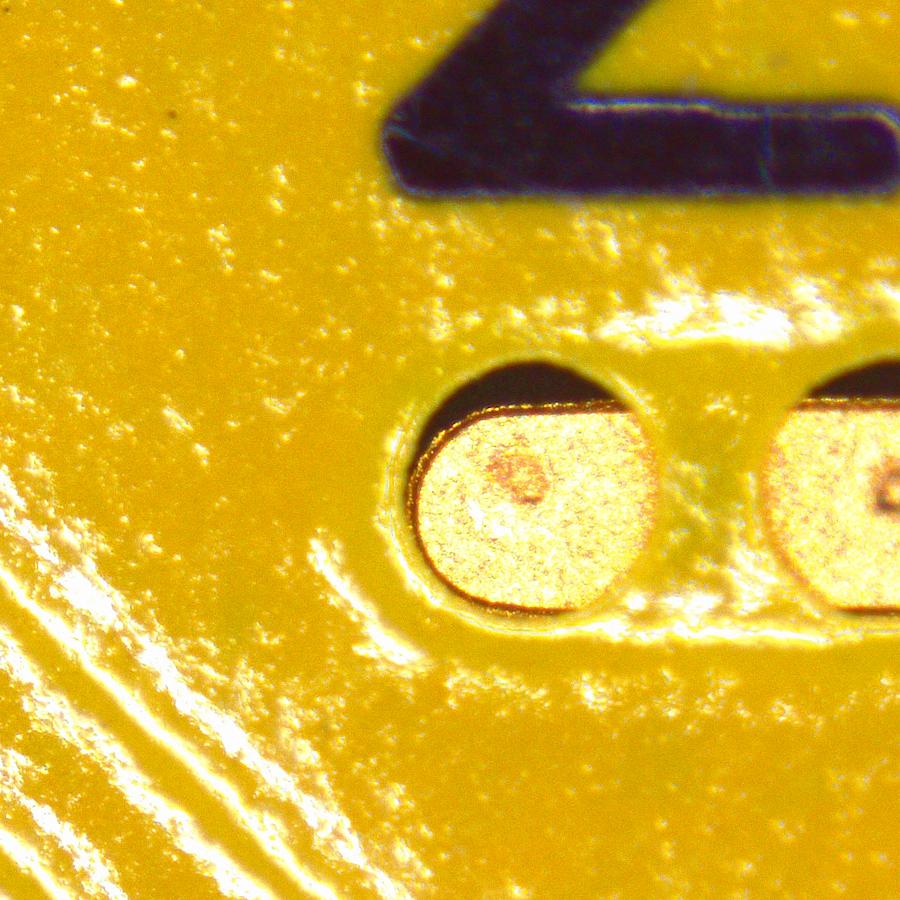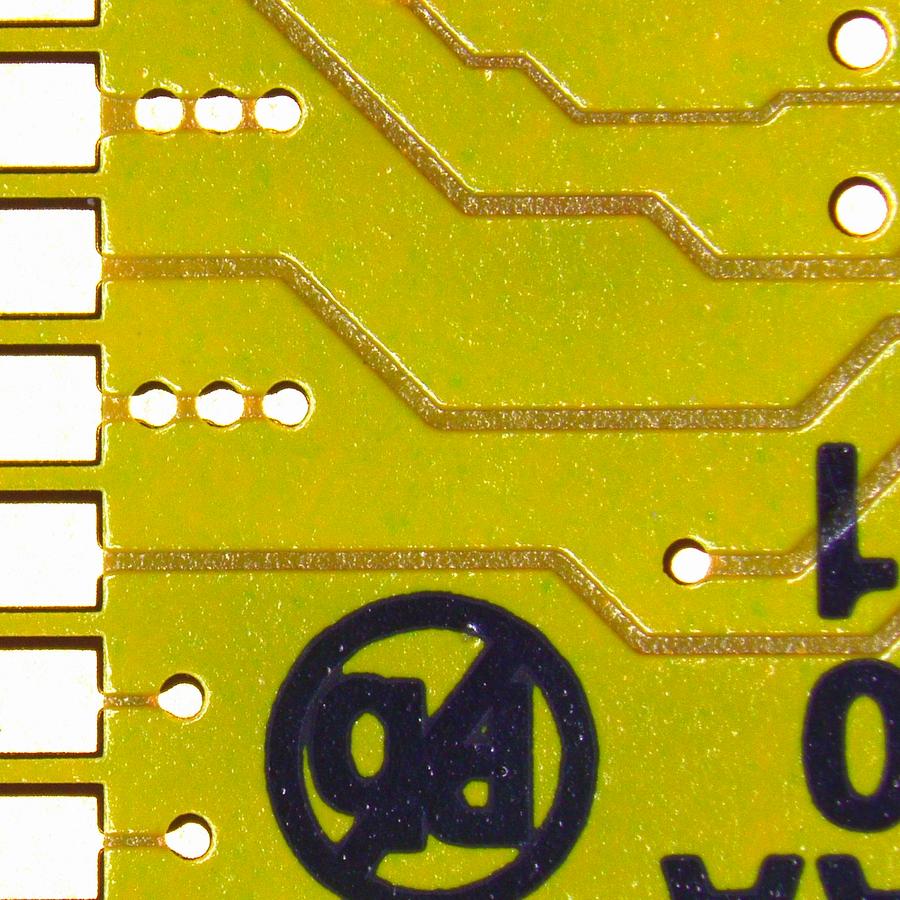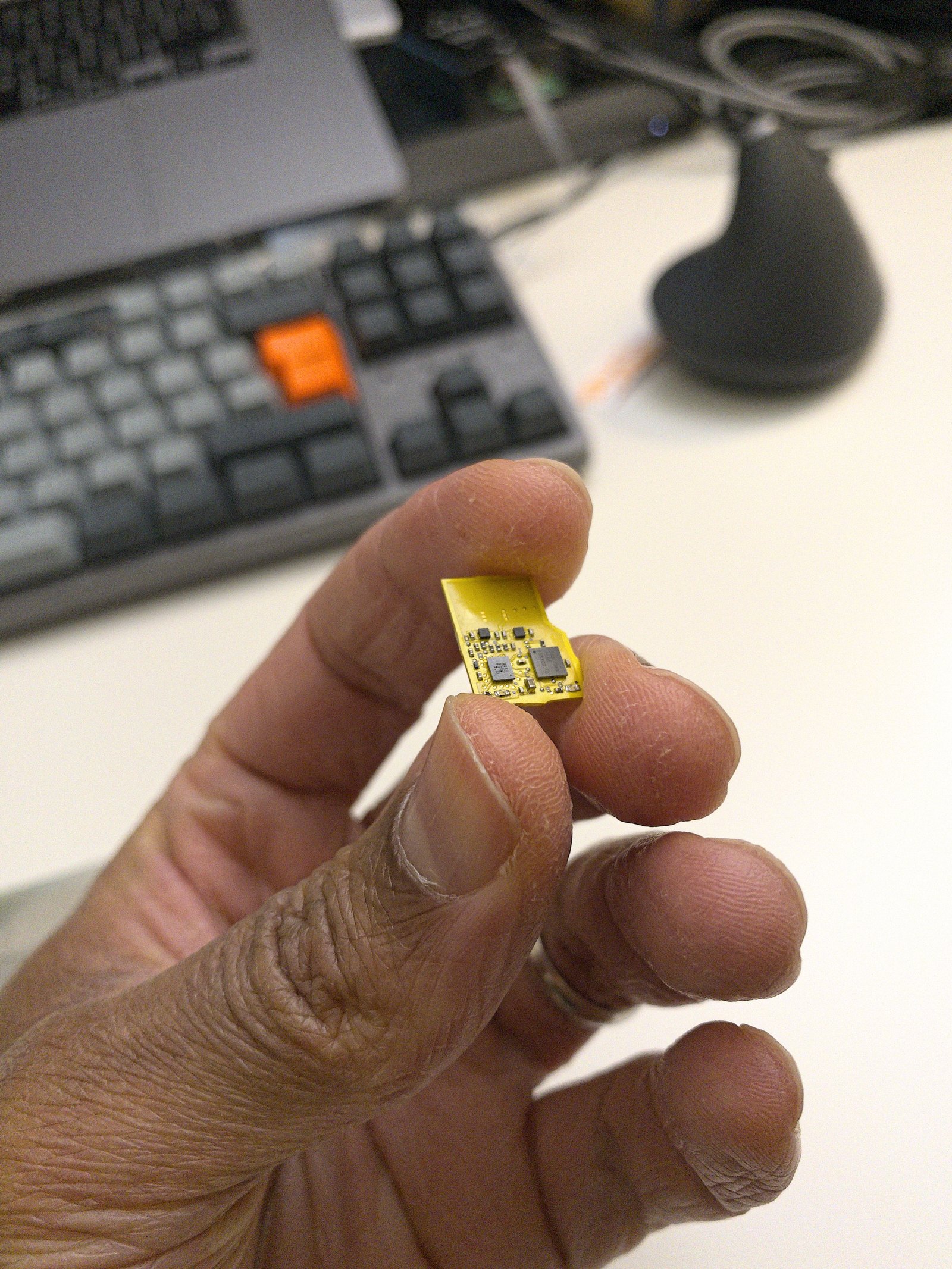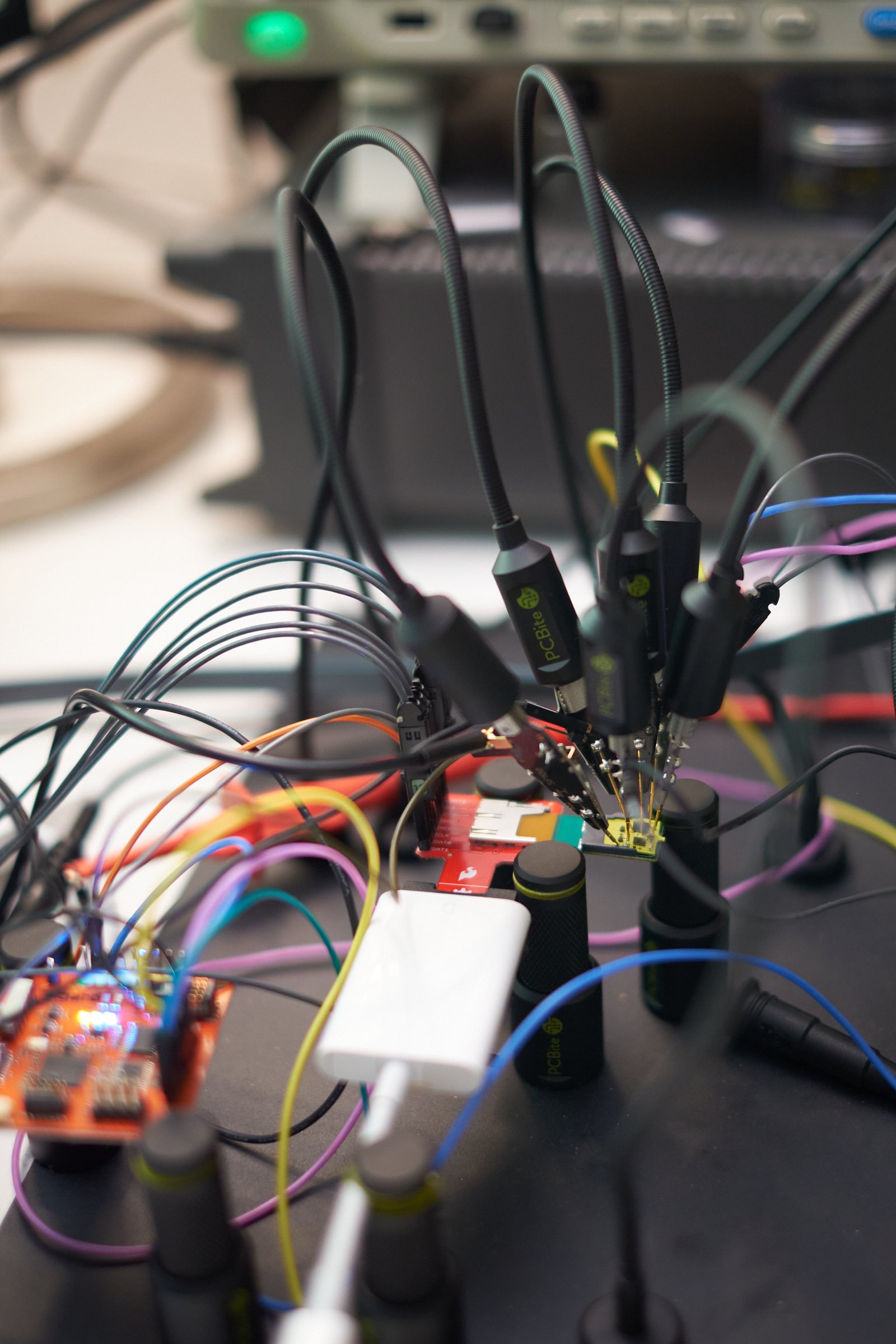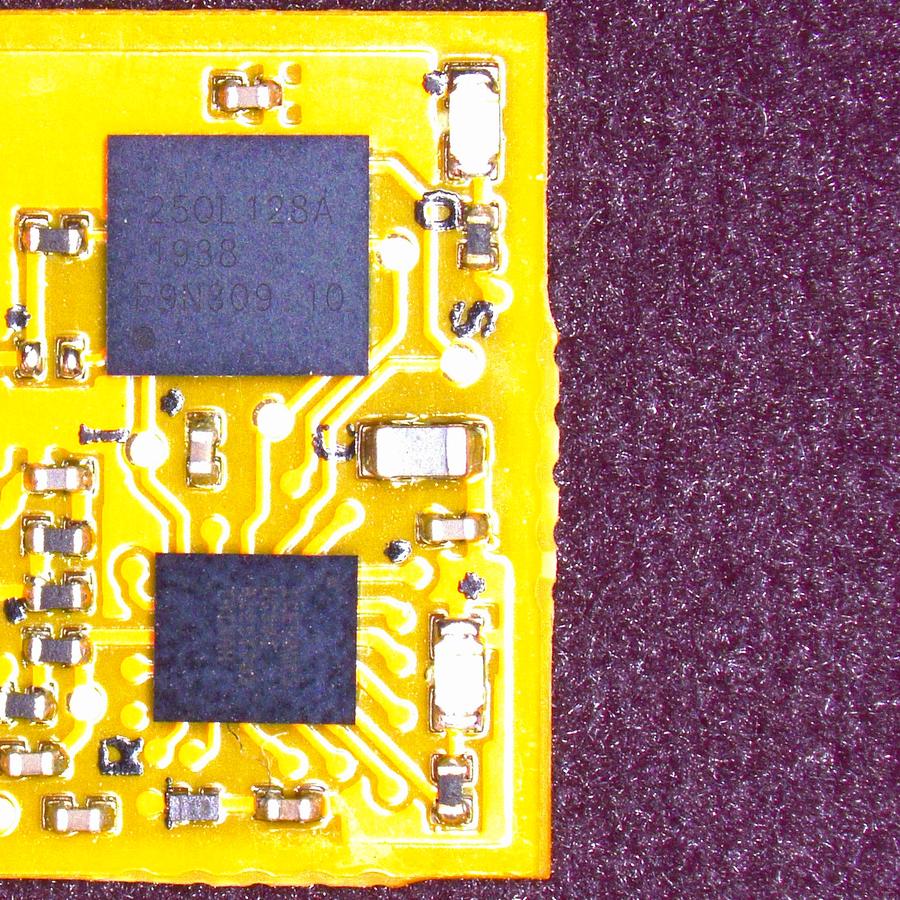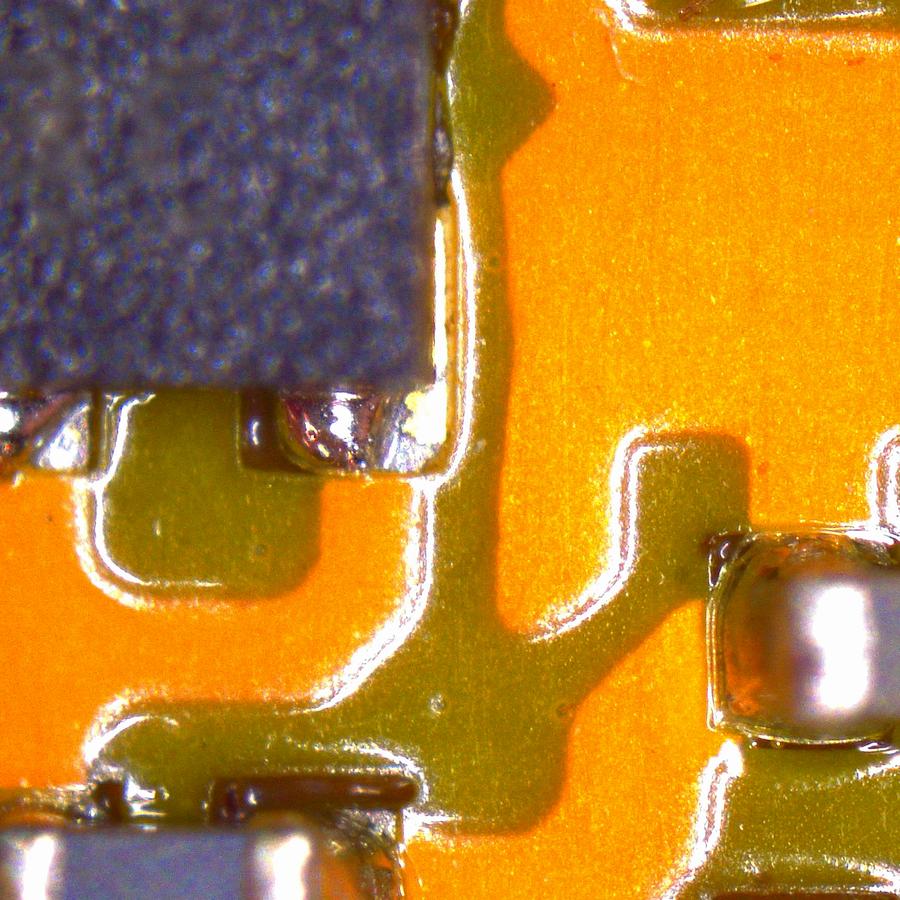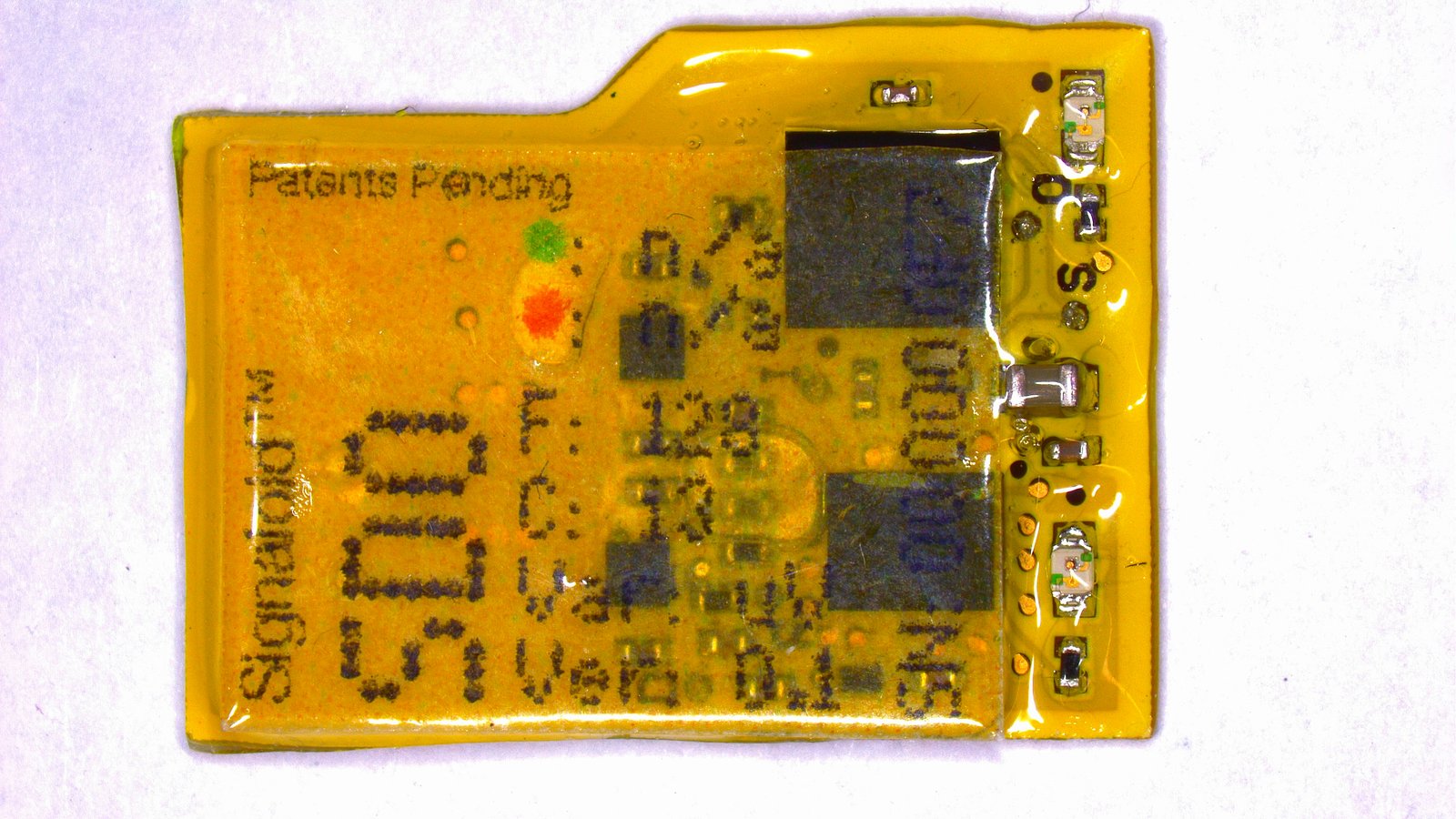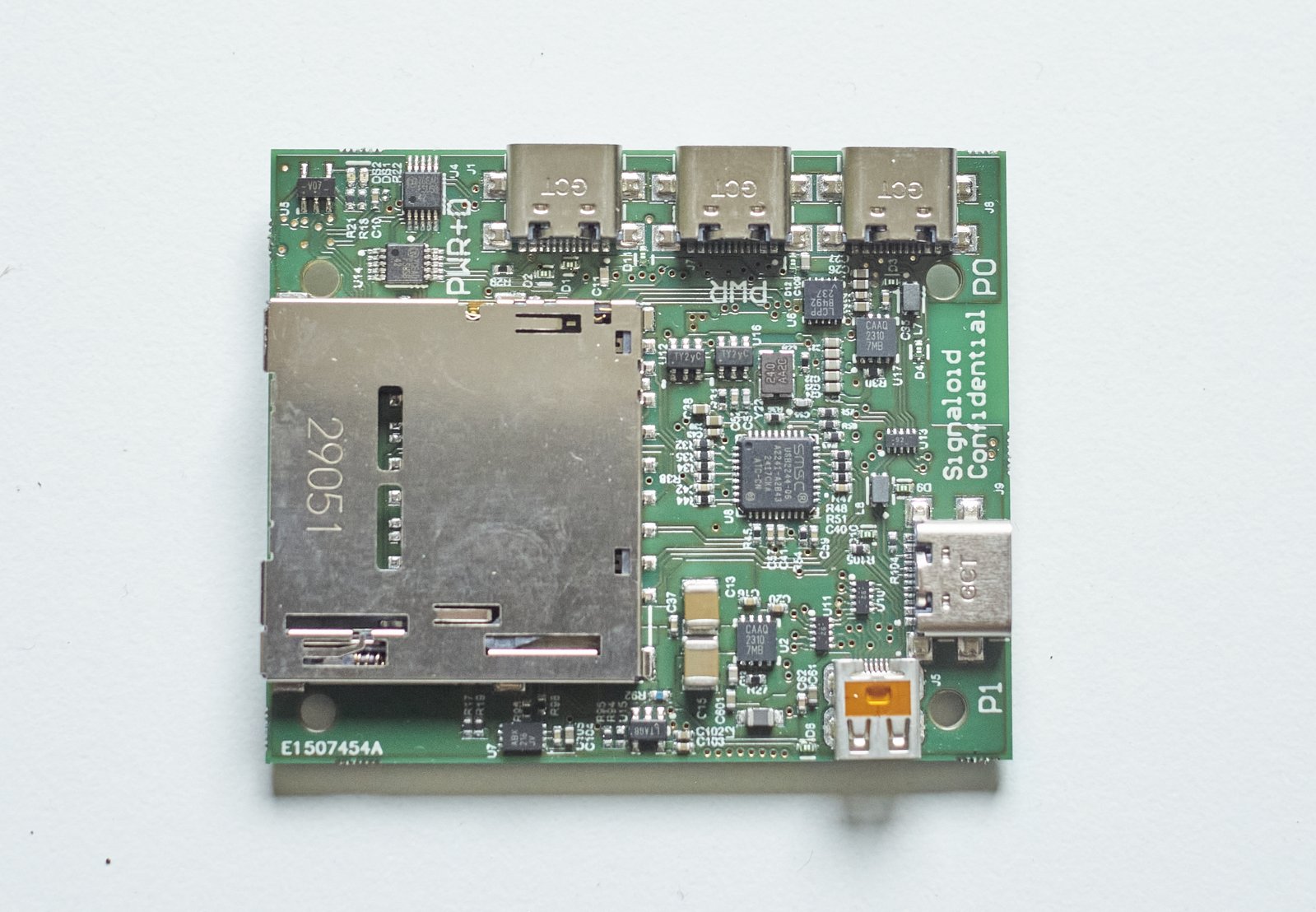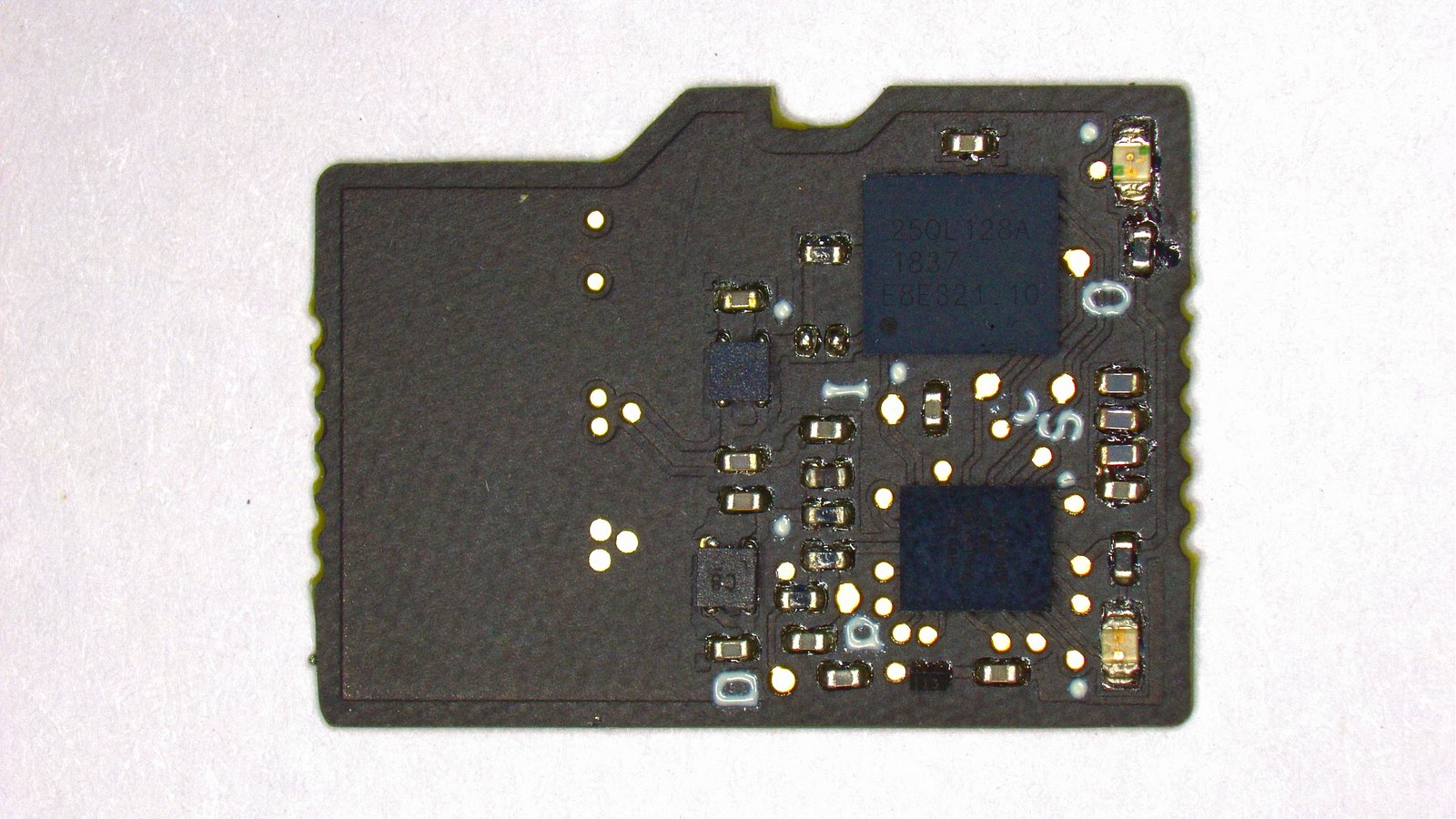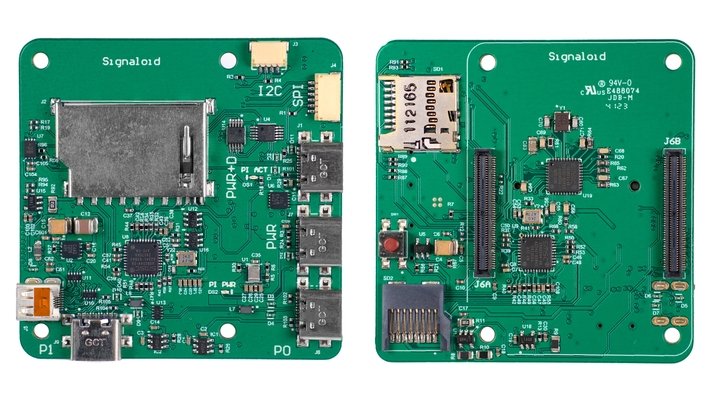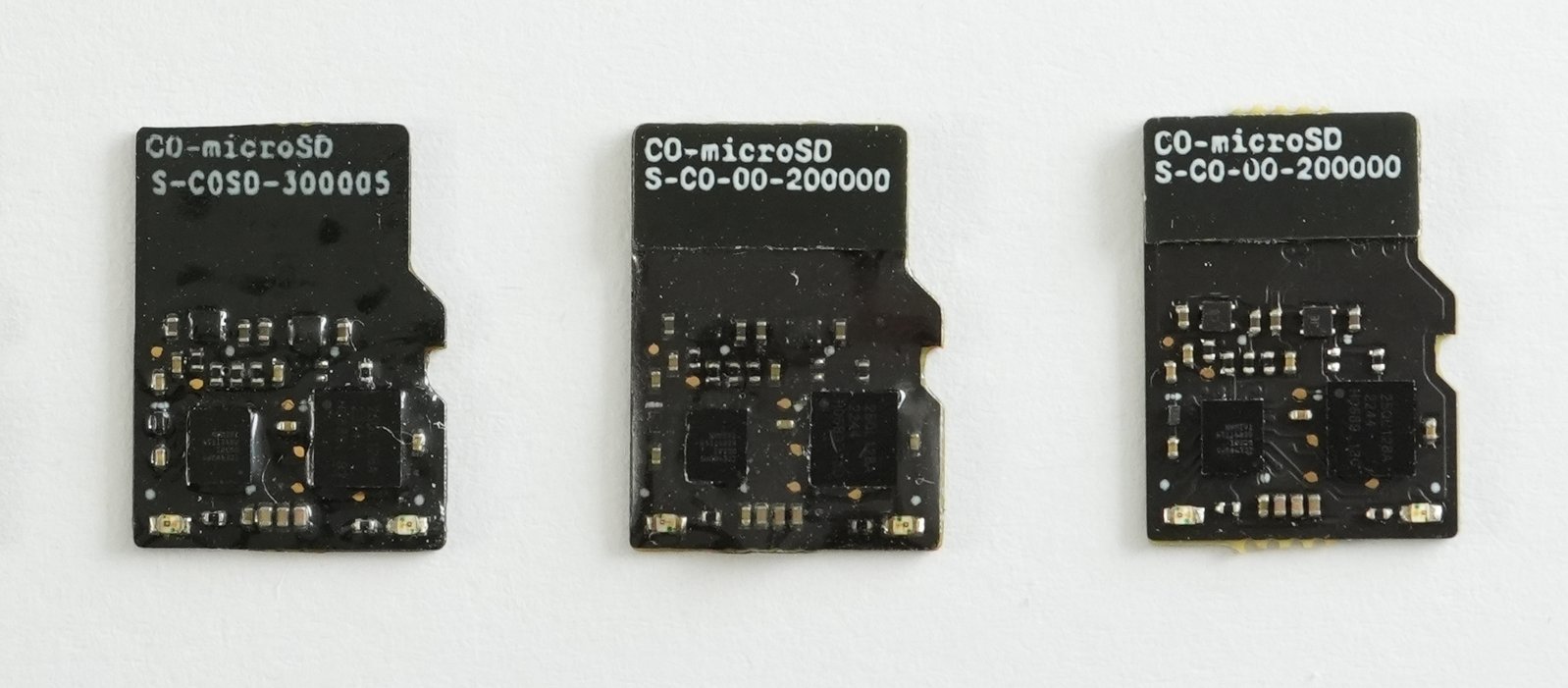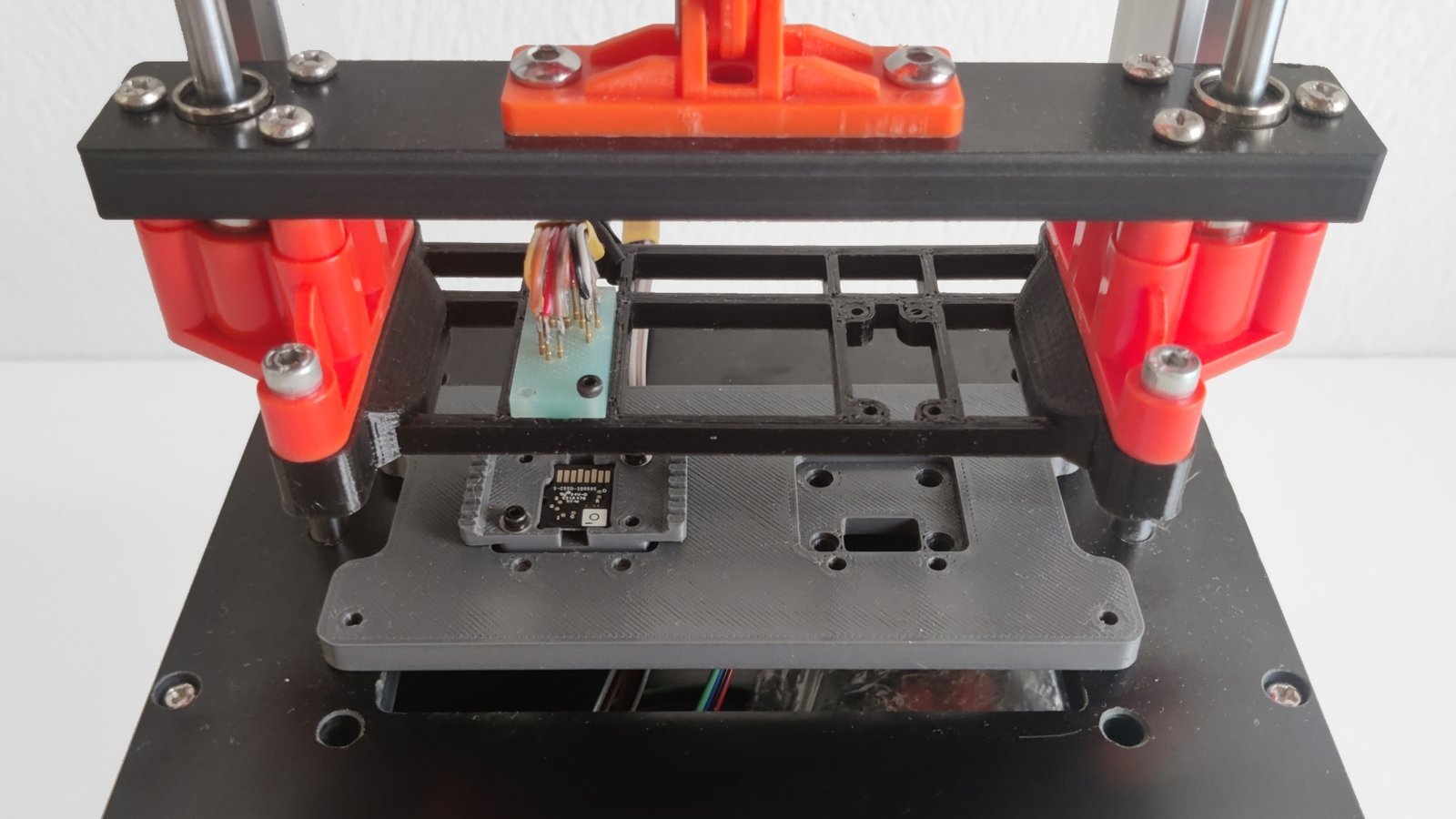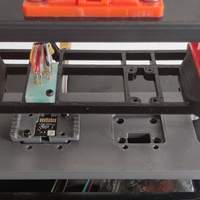Project update 7 of 8
Stages of Development
by Signaloid TeamDear Subscribers,
As we approach the end of our campaign, we thought it would be insightful to share with you a few details of the development timeline of the Signaloid C0-microSD, which started in 2021.
When the campaign concludes on 19th December 2024, the Signaloid C0-microSD and SD-Dev will still be available for purchase, albeit at a slightly higher price. In addition, free US shipping will increase to $8, and $12 worldwide shipping will increase to $18. By backing our campaign now, you can take advantage of lower pricing and reduced shipping costs before these adjustments go into effect.
Development Timeline
We originally embarked on the journey to develop and refine the Signaloid C0-microSD based on requests from of our customers in the industrial automation and robotics sector, who wanted to have a way to easily integrate Signaloid’s technology into their exiting embedded hardware platforms, using their unused microSD or full-sized SD slots, and using their existing firmware and operating system support for interacting with SD mass storage devices.
November 2021: First Bare PCBs Fabricated by a Major UK PCB Manufacturer
The following pictures from November 2021 show the first set of bare PCBs which we manufactured using the services of a major PCB manufacturer in the UK. For this first revision, we created two variants: One with blind and buried vias, and a second with all through-hole vias. We took the pictures below using a Leica S9I microscope. The images and videos below show both of these variants of the bare PCBs (you may notice the slight difference in color of the yellow solder mask and also in the positioning of silk screen text on the bottom side of the PCBs, between the through-hole versus blind-and-buried-vias variants).
December 2021: First PCBs Assembled in UK
We used a UK-based contract manufacturer for assembly of the two variants of the first PCB revision. We had previously used this particular contract manufacturer for assembly of hardware we had designed in the Physical Computation Laboratory at the University of Cambridge. Incidentally, that hardware had an early version of the idea of using the SD mass storage device electrical and logical interface, combined with the concept of exposing resources as a filesystem, as the interface for an embedded hardware device. Over the Christmas holidays of 2021 and into January 2022, we setup the required debugging hardware. This was a challenge to acquire given the lockdowns and semiconductor supply shortages at the time. We settled on using the PCBite system for initial loading of bitstreams to the FPGA. The custom rig which we are now using for production versions of the C0-microSD, which we detailed in our last update, is clearly much easier to use than the setup we started with three years ago! The picture shows one of the assembled prototypes from the first batch in December 2021.
February 2022: Initial Bringup Using PCBite, Tigard, and Various Adapters
We successfully loaded the first bitstreams into the first revision boards in February 2022, with an initial test toggling an I/O pin of the iCE40 with a signal derived from the on-chip oscillator. Our wiring of the LEDs in the first revision boards from 2021/2022 was incorrect, so the LEDs in these first revision boards were not functional, but other than that we were able to use the first revision boards to start refining the gateware and firmware for the C0-microSD. The picture below shows the bringup setup, with the C0-microSD plugged into a combination of adapters to allow us to access test points from the top surface, power the C0-microSD through the SD interface, and interact with the SD interface connected to a PC. In the lower left of the picture you can see (out of focus) a Tigard. At the top/rear of the picture are a Tektronix oscilloscope and logic analyzer, placed on top of a Keithly source-measure unit.
February 2022: Some Prototypes Fabricated & Assembled by PCBWay, Others Fabricated by a Major German PCB Manufacturer
In February 2022 we also created a small batch of prototypes using PCBWay for both the printed circuit boards as well as for assembly or board population. At the same time, we also initiated a small batch of bare ultra-thin PCBs from a major German PCB manufacturer. All in all, these different variants of initial designs, different PCB manufacturers, and different PCB assembly services gave us a wealth of information on the interactions with different PCB manufacturers and PCB assembly options, component suppliers, the practicalities of different PCB board types—-more information than we could fit into this update.
March 2022: Early Proof-of-Concept Trial of Encapsulation
In March 2022, in tandem with working on the gateware for the C0-microSD, we started our first crude and non-automateable tests of encapsulation using a UV-curable polymer. As we highlighted in the second update of this Crowd Supply campaign, we have since refined these encapsulation ideas, ultimately also using our final PCB manufacturing partner, PCBway, to test various encapsulation methods which could be deployed for production volumes. As we highlighted in the second update of this Crowd Supply campaign, we ultimately chose not to go with encapsulation.
May 2023: First Implementation of SD-Dev
At the same time as refining the design of the C0-microSD circuit board, gateware, and firmware, we also built a debugging platform, the Signaloid SD-Dev, to aid with development of the Signaloid C0-microSD. In May 2023, we received the first iteration of the Signaloid SD-Dev from a major European PCB contract manufacturer (different from the ones mentioned above) who we used for both PCB fabrication as well as for board assembly. The initial version had some minor hardware issues with one of the SD controllers and did not feature programmatic power cycling of the SD devices, a feature which we subsequently added and which has become invaluable for automated testing.
September 2023: Revised Design with microSD Retaining Notch & All Hardware Fixes
We made the largest progress in implementing the Verilog Register Transfer Level (RTL) design implementing the bootloader, Signaloid SoC, and mode switching capability between March 2022 and September 2023. By this time we had also settled on using PCBway for both PCB manufacture and assembly, having tried several other options as we’ve detailed above. We made the first batch of our near-final design in September 2023 and switched the PCB color to black.
October 2023: Revised Design of SD-Dev
We revised the design of the SD-Dev to fix minor hardware issues. We also added circuitry for measuring the power consumption of the peripheral SD cards and the capability of programmatically power cycling them. Finally, we added two JST connectors to expose SPI and I2C interfaces to the onboard Raspberry Pi CM4.
June 2024: Improved Verilog RTL, C0-microSD Utilities Libraries, and Mechanical Design Refinement
We continued refining the Verilog RTL designs for the Signaloid C0-microSD. In addition to that, we implemented C0-microSD-utilities, a set of helper scripts and libraries for communicating with the device over the SD interface. We also iterated on three different revisions of the C0-microSD, to improve how it fits into microSD slots, using PCBWay for manufacture and assembly. We settled on the version with a top-glued stiffener and with no conformal coating for our final production.
August 2024: Programming & Testing Jig
As we neared the finishing line, we developed a jig to automate our programming and testing process. Prior to this point, we relied on fixtures such as the PCBite in the pictures at the top of this update, to flash new bootloader and SoC designs in the Signaloid C0-microSD. In August 2024, we also published the official documentation for the Signaloid C0-microSD.
It has been an exciting journey, initially triggered by the desire of our customers in the industrial automation and robotics sector, to have a way to easily integrate Signaloid’s technology into their exiting embedded hardware platforms, using their unused microSD or full-sized SD slots and using their existing firmware and operating system support for interacting with SD mass storage devices. The Signaloid C0-microSD has allowed us to get our technology into these target platforms and we are delighted to make the hardware available in a form which allows other companies (as well as hobbyists) to integrate a versatile FPGA system-on-module with pre-loaded RISC-V processor, into their designs.
Our next updates will focus on the certification process of the Signaloid C0-microSD. We will also keep you posted with our progress of large-batch manufacturing, programming the hundreds of devices that have already been preordered, testing these hundreds of devices, and packaging them all up as we prepare to ship to our backers.
Best regards,
The Signaloid team
